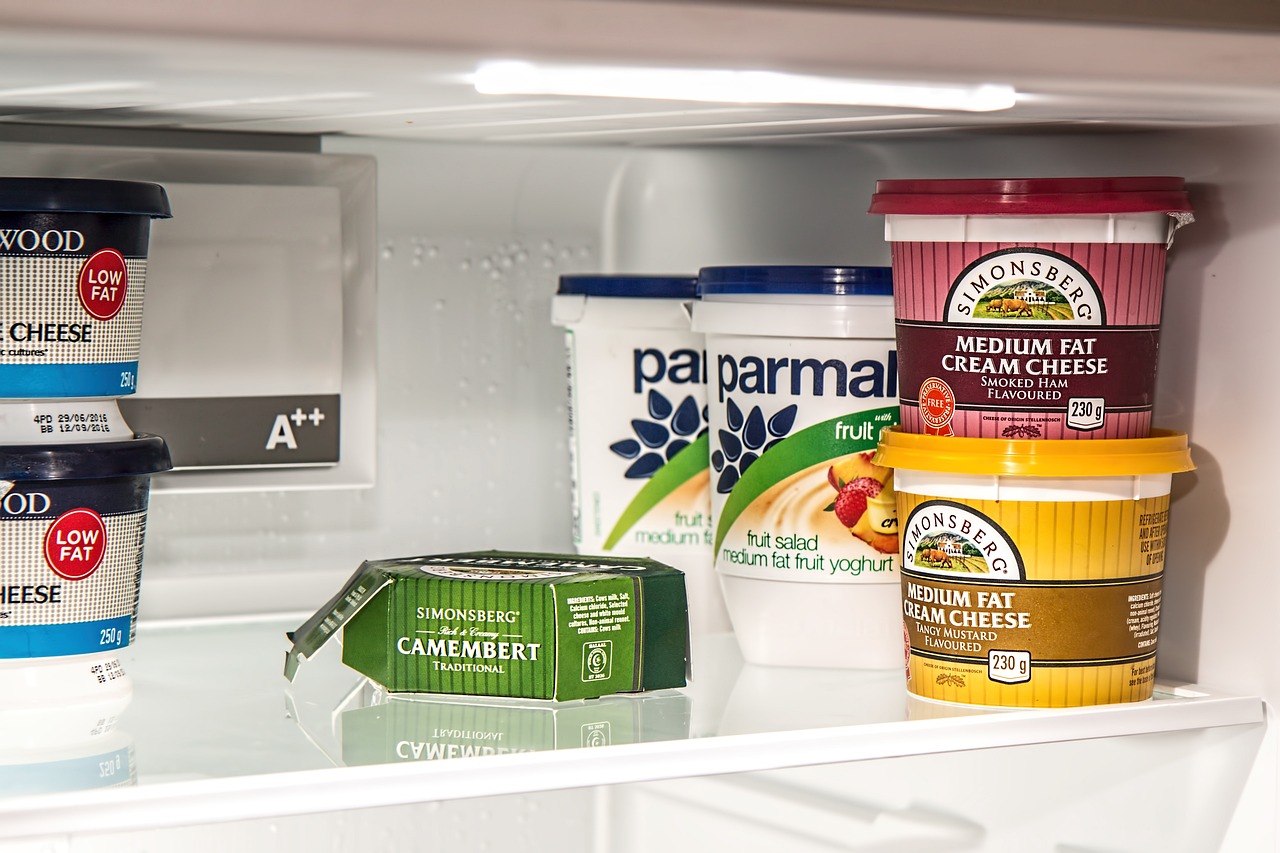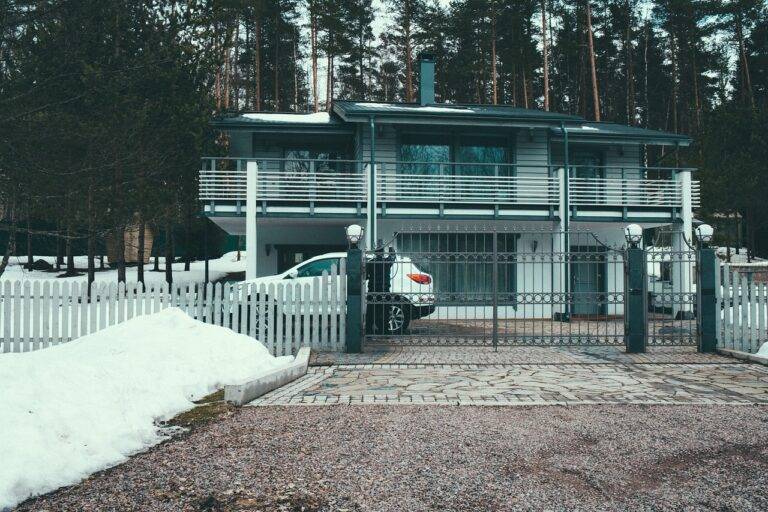Sustainable Countertop Materials: Making Eco-Conscious Choices
allpaanel mahadev book, mahadev book login id and password, online cricket id:Sustainable Countertop Materials: Making Eco-Conscious Choices
When it comes to designing or renovating a kitchen or bathroom, choosing the right countertop material is essential. Not only does it impact the aesthetics of the space, but it also affects the environment. As we become more aware of the need to reduce our carbon footprint and protect our planet, sustainable countertop materials are gaining popularity.
In this blog post, we will explore various eco-conscious options for countertops, their benefits, and how you can make a positive impact by choosing the right material for your home.
Natural Stone Countertops
Natural stone countertops, such as granite, marble, and quartzite, have long been popular choices for kitchens and bathrooms. While these materials are durable and offer a timeless look, they are not always the most sustainable option. The extraction and manufacturing processes of natural stone can have a significant impact on the environment, leading to deforestation, water pollution, and carbon emissions.
However, there are ways to make natural stone countertops more sustainable. Look for companies that source their stone ethically and use environmentally friendly practices in their production. Consider using reclaimed or salvaged stone for your countertops, which reduces the need for new extraction and processing.
Recycled Glass Countertops
Recycled glass countertops are a stylish and eco-friendly alternative to traditional materials. These countertops are made from recycled glass, such as jars, bottles, and windows, that are crushed and mixed with a binder to create a unique and colorful surface. Not only do recycled glass countertops divert waste from landfills, but they also reduce the demand for new raw materials.
One of the biggest advantages of recycled glass countertops is their versatility. They come in a wide range of colors and patterns, making them a perfect choice for modern and eclectic spaces. Additionally, recycled glass countertops are heat and scratch-resistant, durable, and easy to maintain.
Bamboo Countertops
Bamboo is a sustainable and rapidly renewable material that has gained popularity in recent years. It is a grass that grows quickly and can be harvested every few years without causing any harm to the environment. Bamboo countertops offer a unique and natural look that adds warmth to any kitchen or bathroom.
In addition to being eco-friendly, bamboo countertops are also durable, water-resistant, and antimicrobial. However, it is essential to choose bamboo countertops that are manufactured using sustainable practices and do not contain harmful chemicals or adhesives. Look for FSC-certified bamboo products to ensure that they come from responsibly managed forests.
Reclaimed Wood Countertops
Reclaimed wood countertops are an excellent choice for homeowners looking to add a rustic and characterful touch to their kitchen or bathroom. These countertops are made from salvaged wood, such as old barn beams, pallets, or railway ties, that would otherwise end up in a landfill. By using reclaimed wood, you are not only reducing waste but also preserving natural resources.
One of the advantages of reclaimed wood countertops is their uniqueness. No two pieces of wood are the same, giving your countertops a one-of-a-kind look. Reclaimed wood countertops are also durable, easy to maintain, and can be refinished if they show signs of wear over time.
Concrete Countertops
Concrete countertops are a versatile and eco-friendly option for modern kitchens and bathrooms. Concrete is a durable and long-lasting material that can be customized to suit your design preferences. It is also a sustainable choice because it can be made from recycled materials, such as fly ash or glass aggregates, and requires minimal maintenance.
One of the benefits of concrete countertops is their durability. They are heat-resistant, scratch-resistant, and can last for decades with proper care. Concrete countertops can be cast in place or precast off-site, giving you the flexibility to create unique shapes and finishes. Additionally, concrete countertops can be sealed with eco-friendly sealants to prevent staining and water damage.
FAQs
Q: Are sustainable countertops more expensive than traditional materials?
A: While some sustainable countertop materials may have a higher upfront cost, they can be a worthwhile investment in the long run. Sustainable countertops are often durable, long-lasting, and require minimal maintenance, reducing the need for replacements or repairs.
Q: How can I ensure that the countertop materials I choose are truly sustainable?
A: When selecting a sustainable countertop material, look for certifications from reputable organizations, such as the Forest Stewardship Council (FSC) or the GreenGuard Environmental Institute. These certifications indicate that the product meets specific environmental and health standards.
Q: Can I install sustainable countertops myself, or do I need to hire a professional?
A: The installation of sustainable countertops will depend on the material you choose and your level of experience with DIY projects. Some materials, such as concrete or recycled glass, may require professional installation to ensure proper sealing and finishing. Reclaimed wood or bamboo countertops may be more accessible for DIY enthusiasts with the right tools and instructions.
In conclusion, making eco-conscious choices for your countertops can have a positive impact on the environment while enhancing the beauty and functionality of your home. Consider the various sustainable materials available and choose one that aligns with your values and design preferences. With the right information and guidance, you can create a sustainable and stylish space that reflects your commitment to a greener future.







